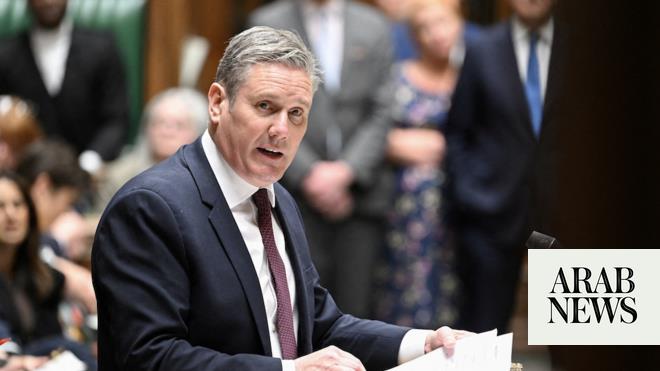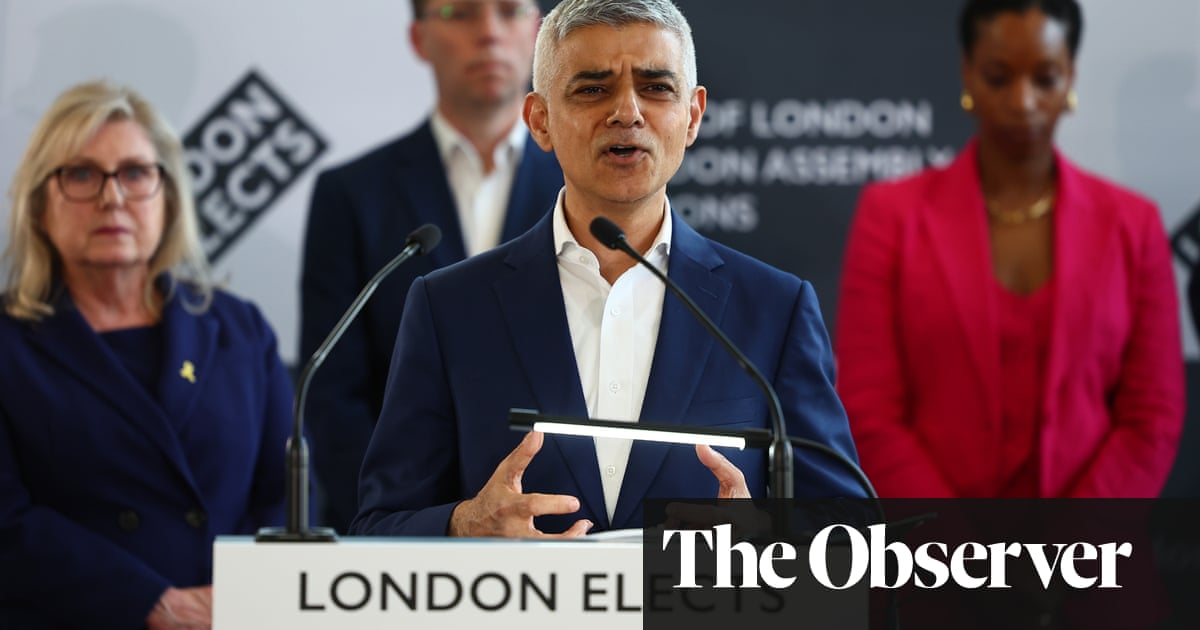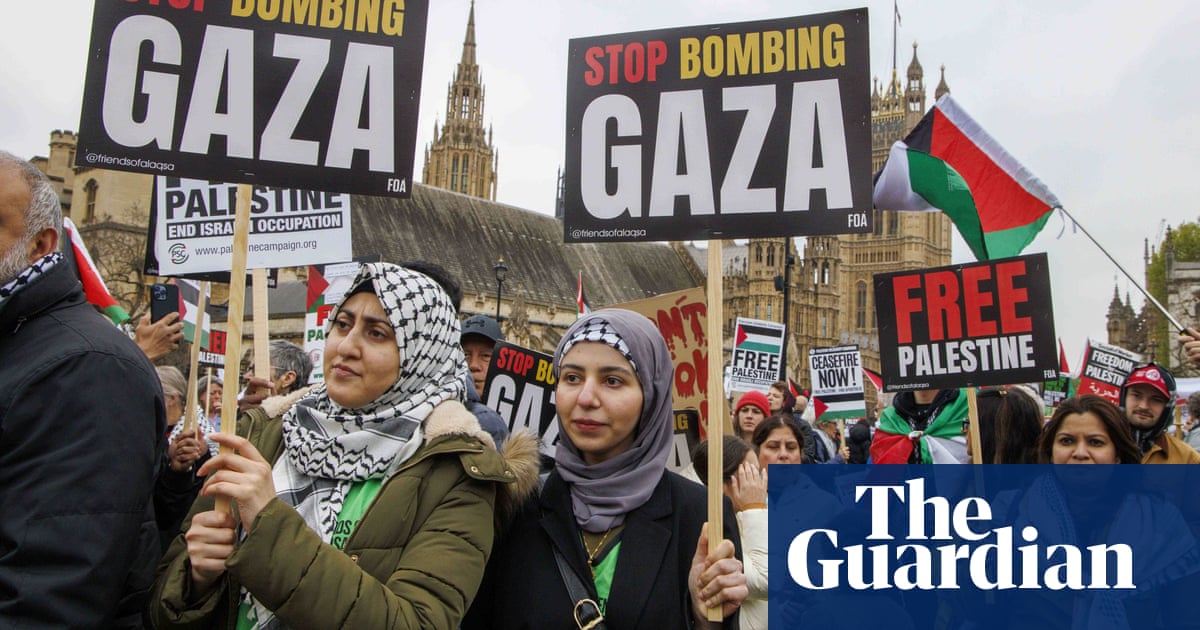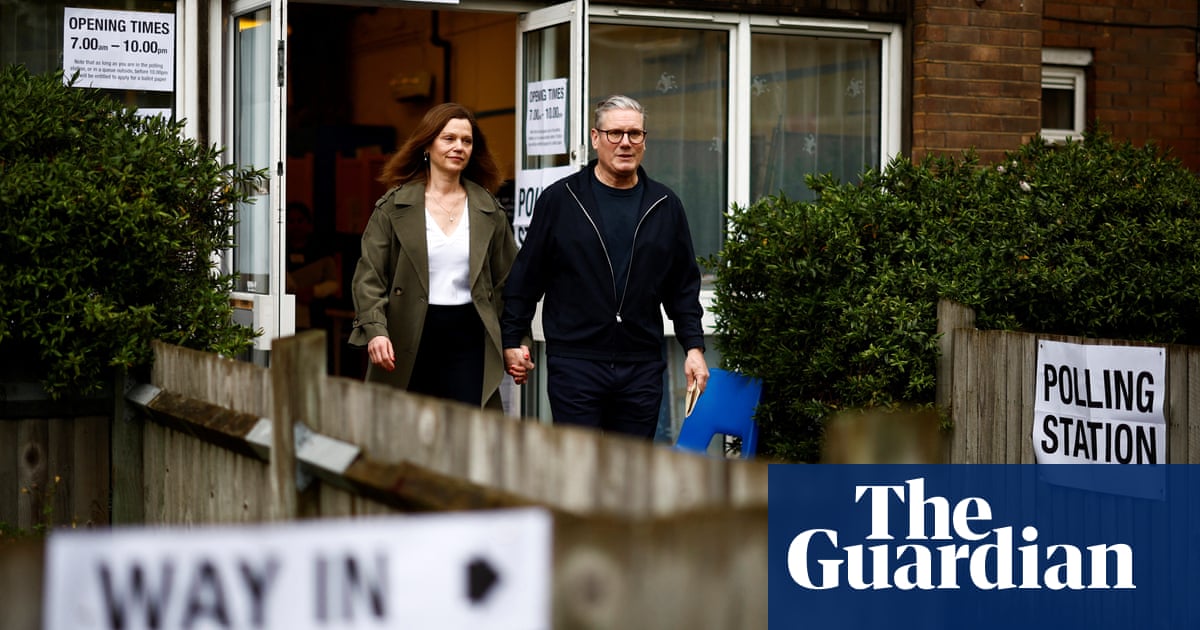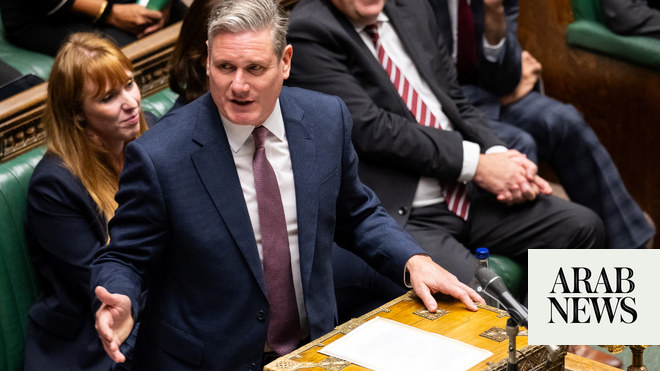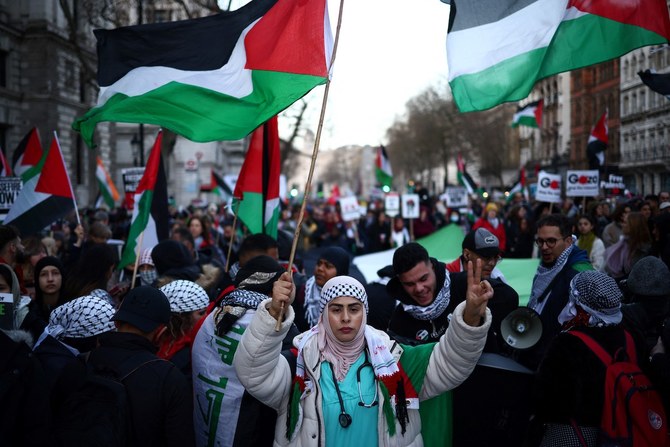
“We know we’ve lost the Muslim vote, and at the very least their trust," MP says
LONDON: The Labour Party in the UK has started surveying British Muslim voters amid growing concern among senior officials about the damage done to one of its strongest bases of support by the party’s stance on Gaza.
Labour sources told The Guardian newspaper that the party had been conducting polls and organizing focus groups across the UK, with the General Election thought to be only months away.
One senior Labour MP told the paper: “Muslims are not only predominantly Labour supporters but they are also geographically important. There are many of them in a range of key target seats in both the south and the northwest, and we need to pay attention to that.”
A frontbencher said: “We know we’ve lost the Muslim vote, and at the very least their trust.
“The Muslim community is no longer a safe voter base for us because of how we initially responded to the war. So we’re just focused on damage control; we all know it.”
MPs concerned about the issue have formed new groups to influence Labour leader Keir Starmer. His office, meanwhile, has begun to focus on how it communicates with party members who feel ignored.
The crisis within the party escalated following Starmer’s interview in October in which he said Israel had the right to withhold power and water from Gaza, a stance he later drew back from.
His refusal to support a ceasefire led to further unrest, with 56 Labour MPs breaking party ranks to vote for a Scottish National Party ceasefire motion, resulting in the resignation of eight shadow ministers.
Labour Friends of Palestine and the Middle East has become a central organizing hub. Another is a WhatsApp group of about 30 MPs who share not only policy thoughts but also security advice, given the threats made to some Labour MPs, especially in areas with many Muslim voters.
David Lammy, the shadow foreign secretary, and Sue Gray, Starmer’s chief of staff, are in regular dialogue with this group. Shabana Mahmood, the shadow justice secretary and a prominent Muslim figure in the party, has taken a leading role in these discussions.
Internal tensions persist, especially after Wayne David, the shadow Middle East and North Africa minister, said that Labour would recognize Palestine only after negotiations between the Israelis and Palestinians started. This stance has drawn criticism from some party members, who argue it undermines Palestinian self-determination.
Recent polls by research organization UK in a Changing Europe show that nearly half of Britain’s 2 million Muslim voters supported Labour in the last election, underscoring the significance of this voter base. Concerns are growing that a narrow margin in the polls could affect outcomes in key constituencies with high Muslim populations.
The formation of The Muslim Vote, a grassroots group aiming to increase Muslim electoral participation, further highlights Labour’s challenges. This group intends to influence voting in constituencies based on MPs’ positions on ceasefire motions.
Beyond the Muslim vote, Labour also faces the risk of losing support in affluent, predominantly white regions like Bournemouth, Bristol, and Brighton, where sympathy for the Palestinian cause is strong.
“We’re expecting to see middle-class Labour supporters sympathetic to the Gaza crisis back the Greens because of their immediate ceasefire calls,” one Labour MP told The Guardian.
Another cautioned that the amount of footage from Gaza on social media platforms such as Instagram and TikTok was radicalizing younger voters in particular.
A party source told The Guardian: “The discontent is much wider than the leadership realizes. If we don’t get on top of this soon we are going to have trouble later this year.”




